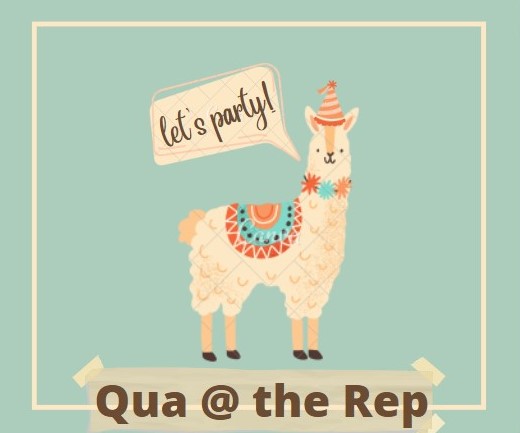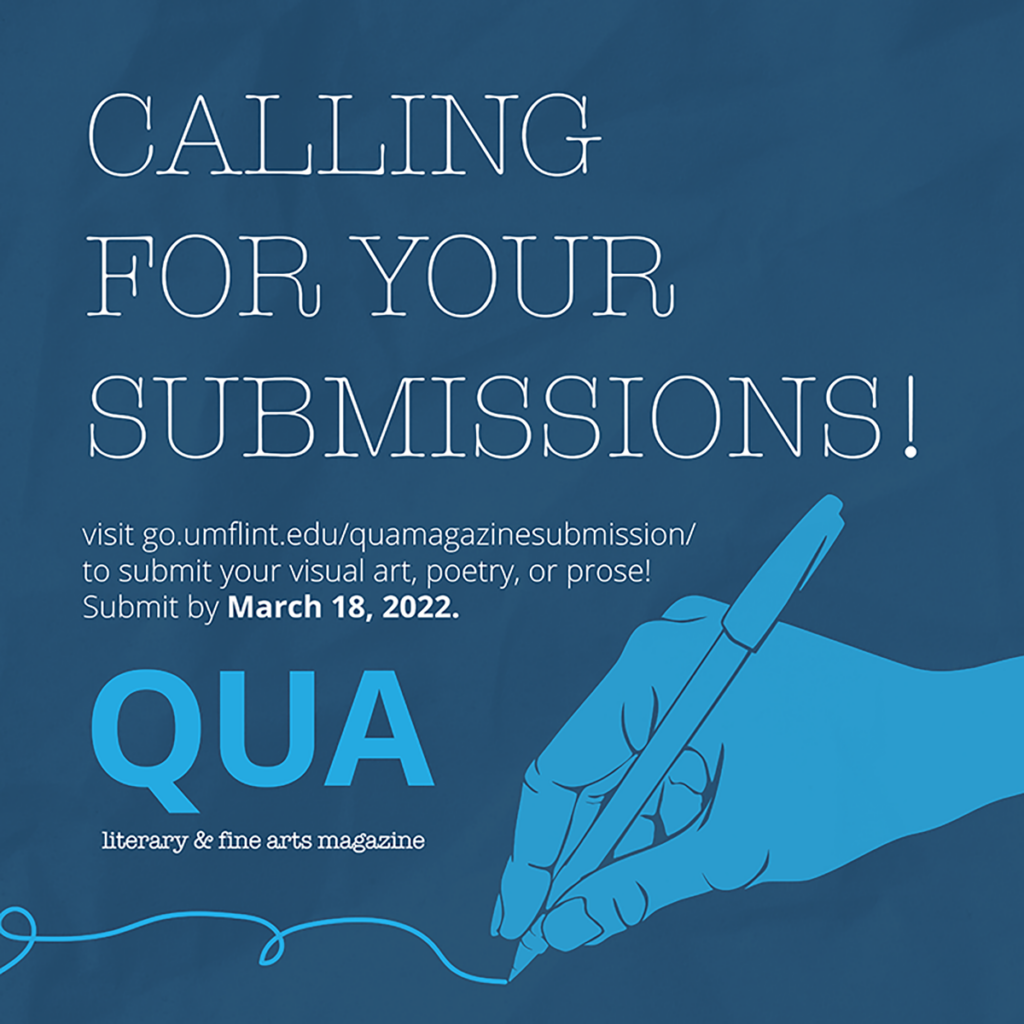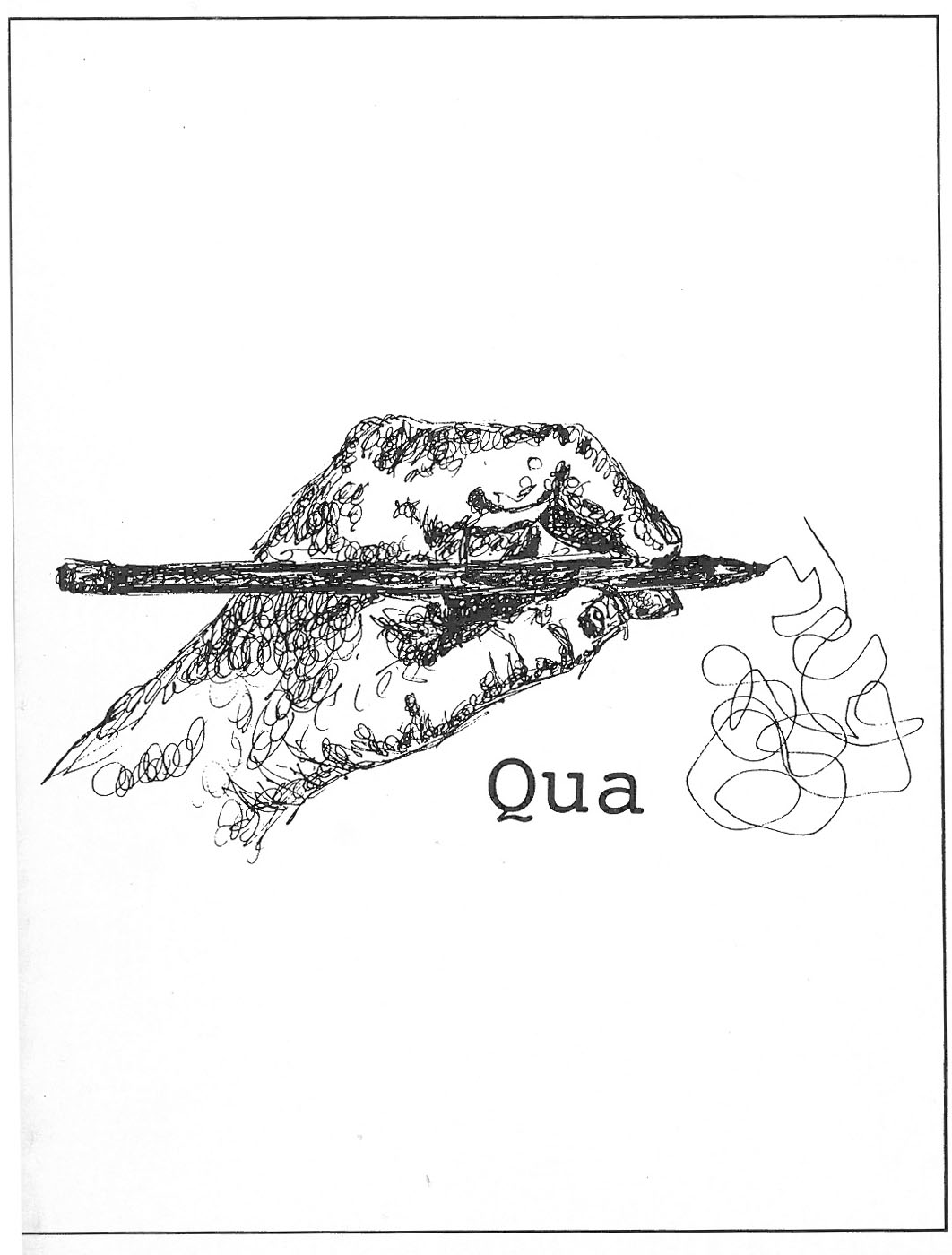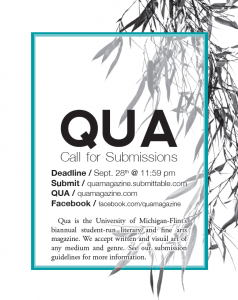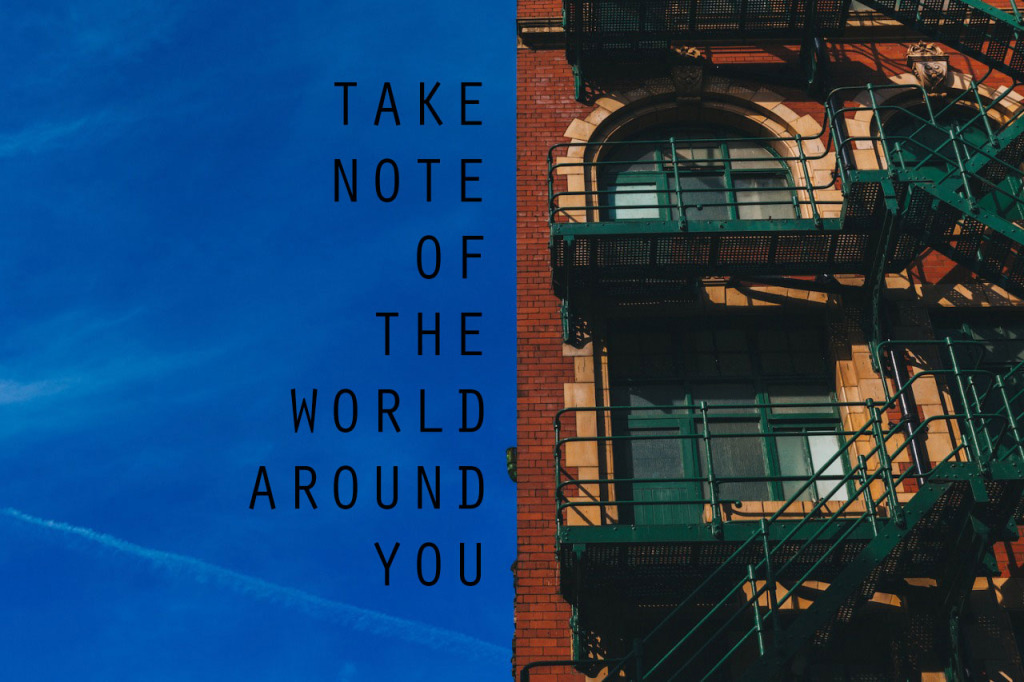By: Benjamin Smith
It’s no secret that the writer’s most powerful tool is its most fundamental unit: the word. The word is what grants the writer access to securing the accuracy of the subject or theme for which they strive, regardless of the form they ascribe themselves to. All creative methodologies employed in the writing process, ranging from phonetic consideration and manipulation, literary devices, and simple figures of speech, are all a construct of and supported by the timeless bricks of words. Face it – it all comes back to words.
Words are seemingly endless in number, with nuances and variations with each defining a highly specific and distinct thing, action, description, etc. As a writer I find this to be fascinating, and some may even allow it to fortify a sense of hopefulness that there will always be a word out there that is the proper fit for their desired expression. After all, personal vocabularies expand by the second, absorbing terms and words encountered in audible exchanges, captured through curiosity, or adopted from the polarized social atmospheres that one is found in on a daily basis. However, I find the richest and most invaluable goldmine to leech off, in terms of words, is that which is opened through the reading of literary works.
The confidence writers can glean from being aware of the truly vast number of existing words available for prospective inclusion, especially when confronted by a creative wall, is not a reassurance that I receive when writing, however. See, I am burdened with a terrible memory. With this being said, it is oftentimes extremely difficult to recall the most exquisite of words while writing poetry, and as a poet I can say with utmost certainty that word choice is so, so very important in harnessing the true essence of one’s message in their work. Naturally, I strive to produce a poetic work that is seamless in its flow and potent in its theme.
A massive source of assistance with my aforementioned lousy memory and this goal, and now centralized component of my writing process, is the conscious collection of words while reading. If you ever happen to see me strolling around downtown Flint (you probably haven’t) with my messenger bag slung over my shoulder, know that is housing at least one book at any given moment. Being a constant reader, I happen upon words that I’ve never before laid eyes on or that I find utterly confounding. Instead of relying strictly upon the context they are being used in to assume a definition, I actively look them up on my smartphone, take a screenshot, and upload these to my Google Drive.
The truth of the matter is that English and Literature teachers have trumpeted this toward students for probably all of eternity, so I apologize if placing such significance in actually looking up the definition of unknown words comes off as common sense. This approach to reading, though, has enabled me to build an archive of so many rich, thoroughly descriptive, and diverse words to consult when I find myself in a bind. Even words that I’ve encountered in textbooks have ended up stored in my continuously expanding virtual word bank. Since we as students, and as humans in general, always seem to be reading something about some aspect or discipline experienced in life, to stumble upon a puzzling word is far from uncommon.
Of course, sifting through a digital folder full of images of words and their respective definitions may not seem nearly as efficient as utilizing the actual operation and feedback of a thesaurus or a quick internet search. The act, though, of slowly and meticulously scanning through my micro-archive not only affords me the repeated viewing of them, and the consequently increased likelihood of recalling them of my own volition, but also enriches the actual process of constructing a poem, with that once elusive word glittering within a stanza like the golden brick that it is.
Don’t hesitate to inquire when happening upon a word that leaves you at a mental loss. Do not be intimidated by words with visual appearances seem outside the realm of even the slightest possibility. Why not just look it up while your mind is still adhered to it? You’ll use it, maybe not in your current writing, or even your writing years from now, but you will undoubtedly, given the perfect alignment of planets and circumstantial opportunity, use it.
